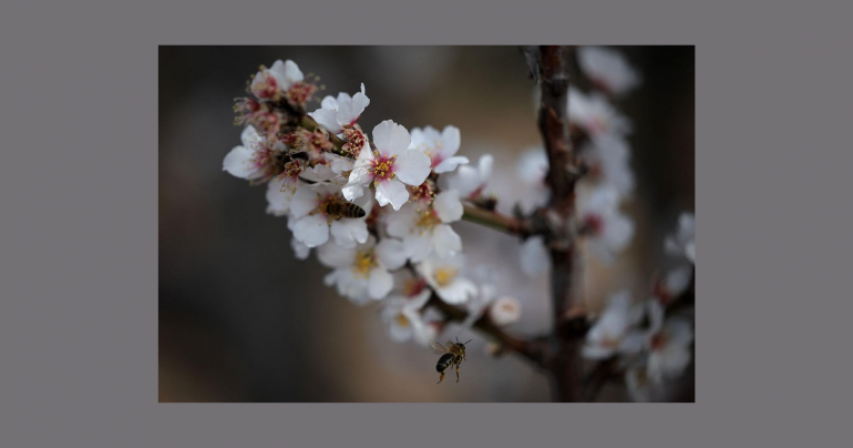Not just humans: Bees and chimps can also pass on their skills

Bumblebees and Chimpanzees Show Ability to Pass on Skills
New studies reveal that bumblebees and chimpanzees possess the capability to learn complex skills from their peers, challenging the notion that such abilities are exclusive to humans. This phenomenon, known as "cumulative culture," involves the transmission of skills, knowledge, and technology across generations, leading to continuous improvement over time.
Humans have long been credited with the unique talent of cumulative culture, enabling us to accumulate knowledge and skills that no individual could develop independently. However, recent research suggests that other species, such as bumblebees and chimpanzees, also exhibit this capacity.
Bumblebees, known for their impressive cognitive abilities, were the subject of one study led by researchers from Queen Mary University of London. The study aimed to investigate whether bees could learn complex tasks through social learning and transfer these skills to others.
In the experiment, a group of bees was trained to solve a two-step puzzle box, requiring them to push a blue tab followed by a red tab to access a sugary reward. Initially, the bees struggled with the task, but with motivation in the form of a sugary treat, they gradually mastered the process.
These trained "demonstrator" bees then paired up with naive bees, which observed the demonstrators solving the puzzle. Surprisingly, some of the naive bees successfully completed the task without the need for a reward after the first step, demonstrating their ability to learn from their peers.
This finding challenges the notion that cumulative culture is exclusive to vertebrates and highlights the remarkable learning capabilities of bumblebees.
Similarly, a separate study conducted at the Chimfunshi Wildlife Orphanage in Zambia explored the social learning abilities of chimpanzees. The study involved a complex puzzle box task, requiring chimps to retrieve a wooden ball, open a drawer, place the ball inside, and close the drawer to receive a peanut reward.
After training two demonstrator chimpanzees to solve the puzzle, researchers observed that naive chimps quickly learned the task by watching the demonstrators. The more exposure they had to the demonstrations, the faster they mastered the problem-solving process.
These findings suggest that chimpanzees, like bumblebees, are capable of passing on skills through social learning, challenging the perception of cumulative culture as a uniquely human trait.
Professor Alex Thornton from the University of Exeter emphasized the significance of these studies in demonstrating the learning abilities of non-human species. While the sample sizes were small, the results underscore the remarkable cognitive abilities of bumblebees and chimpanzees.
Overall, these studies provide compelling evidence that cumulative culture is not limited to humans but extends to other species, shedding light on the diverse forms of social learning and knowledge transmission observed in the animal kingdom.
By: Sahiba Suri





Comments